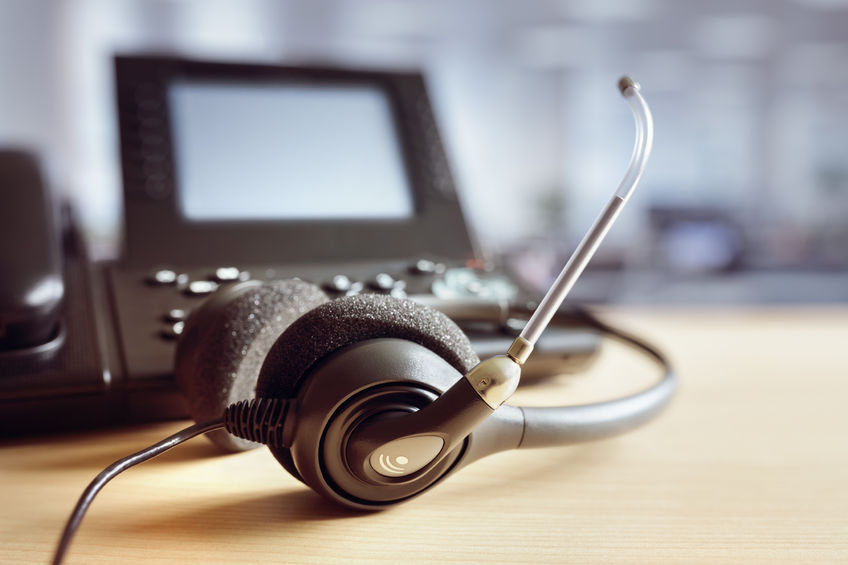Overview
The District of Columbia Court of Appeals recently weighed in on a 2015 FCC Order concerning the Telephone Consumer Protection Act (TCPA), and sent certain provisions of that Order back to the FCC for a second try.
The TCPA prohibits unsolicited calls and text messages sent using automated dialing equipment, and creates  draconian penalties of between $500 - $1,500 per violation. And if the Federal Communications Commission (FCC) had its way, calling someone using your cell phone would be a violation of the Act. This harsh result is a consequence of the FCC’s expansive interpretation the term “automatic telephone dialing system,” which the FCC said included telephone systems that had the “future capacity” to function as autodialers. As many have pointed out, this definition encompassed most cell phones currently in service.
draconian penalties of between $500 - $1,500 per violation. And if the Federal Communications Commission (FCC) had its way, calling someone using your cell phone would be a violation of the Act. This harsh result is a consequence of the FCC’s expansive interpretation the term “automatic telephone dialing system,” which the FCC said included telephone systems that had the “future capacity” to function as autodialers. As many have pointed out, this definition encompassed most cell phones currently in service.
However, in a much-anticipated decision, the D.C. Circuit Court of Appeals set aside the FCC’s interpretation as “arbitrary and capricious,” and sent the FCC back to the drawing board. ACA International v. FCC, No. 15-1211 (D.C. Cir. March 16, 2018). Now, the FCC will have to re-interpret the TCPA’s definition of an “autodialer.” Not only this, the Court of Appeals also rejected the FCC’s rule that telemarketers and other companies that mistakenly call individuals at phone numbers that have been reassigned are allowed one “free call” before being liable for future calls, finding the ruling too harsh on companies.
The court kept in place the FCC’s ruling that consumers could revoke their consent to be called by “any reasonable means,” either orally or in writing. It did note, however, that consumers would likely have to comply with the reasonable opt-out procedures provided by companies. The court also left undisturbed the FCC’s rule excepting certain health care-related calls from the TCPA’s prohibitions.
Now that the D.C. Circuit has spoken, the decision of what constitutes an “autodialer” goes back to the FCC for further consideration. Stay tuned.
